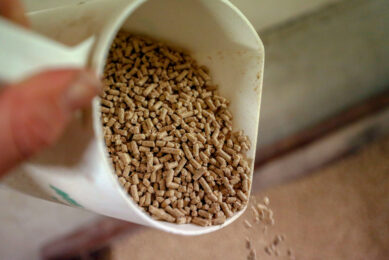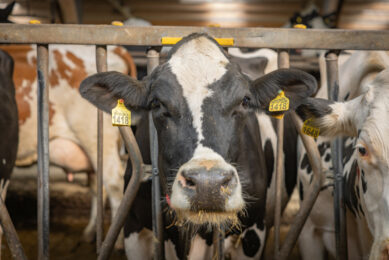Verdezyne receives patent for xylose-eating yeast

California-based biotechnology developer Verdezyne Inc. has been granted a US patent titled “Engineered microorganisms with enhanced fermentation activity” for an engineered yeast and class of enzymes it developed which can be used to ferment the abundant, but hard-to-process, xylose found in cellulosic feedstocks.
According to Steven Picataggio, chief scientific officer at Verdezyne, xylose is the most abundant pentose sugar and can comprise up to 40% of cellulosic feedstocks being considered for biofuels and biochemical production.
“Unfortunately, yeast is naturally unable to ferment this xylose, and robust xylose fermentation remains a key bottleneck for commercializing the next-generation cellulosic ethanol process,” he said.
It was with that bottleneck in mind that Verdezyne developed its newly patented class of unique enzymes, which enable the yeast to ferment xylose at high yields under anaerobic conditions.
Verdezyne is a privately held company focused on developing fermentation processes for renewable fuels and chemicals in order to reduce the world’s dependency on petroleum.
The company’s investors include BP Alternative Energy Ventures, DSM Venturing B.V., Monitor Ventures and OVP Venture Partners.
In late 2011, Verdezyne opened a pilot plant in Carlsbad, Calif., to commercialize its biobased adipic acid production process.
The company has also previously collaborated with Milwaukee, Wis.-based Lallemand Ethanol Technology to develop genetically enhanced high-yielding yeast for first-generation ethanol production.
The company has not yet inked a deal with potential cellulosic ethanol producers to use its patented enzymes, but Picataggio said a number of ethanol and bio-based chemical companies have expressed interest in them.











